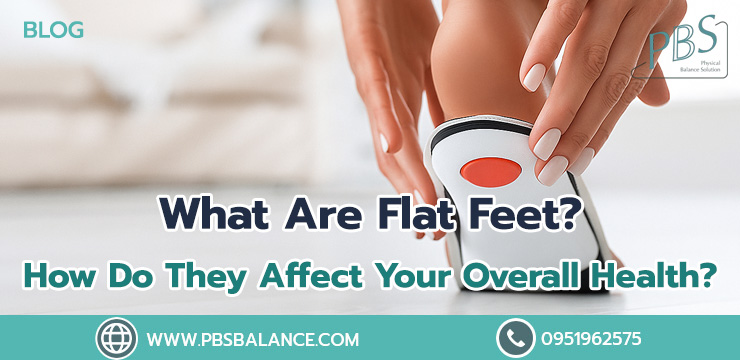
Flat feet, or pes planus, is a condition in which one or both arches of the foot appear flattened when standing, meaning there is little or no visible space under the medial arch. While the arch may be more apparent when the foot is lifted or relaxed, it disappears upon weight-bearing. Flat feet can develop during childhood if the arch fails to form properly, or later in life as a result of injury or prolonged mechanical stress.
This condition often does not cause immediate symptoms but can gradually affect the biomechanics of walking and posture. Over time, it may lead to stress-related injuries in the ankles, knees, hips, or lower back. Flat feet are also referred to by other names, such as pronated foot, fallen arches, or pes planus.
Note: The information in this article is intended for general educational purposes and applies to individuals in good overall health. People with underlying conditions—such as diabetes, peripheral artery disease, or neuropathy—should follow personalized advice from their healthcare providers before undertaking any self-care practices related to foot health.
Causes of Flat Feet
In a typically developing child, the foot arch begins to form during infancy and continues to develop throughout early childhood. Flat feet can result from a lack of adequate movement, tightness in the Achilles tendon, or laxity in the ligaments supporting the arch during this developmental stage.
In adults, flat feet are more commonly acquired through prolonged strain, injury, or inflammation of the arch and surrounding structures. Several medical conditions can contribute to the development of flat feet or increase the risk, including:
- Tight Achilles tendons
- Abnormal joint development
- Tarsal coalition (fusion of foot bones)
- Foot deformities
- Ligament injuries
- Marfan syndrome
- Fractures or trauma
- Arthritis
- Aging
- Pregnancy
- Obesity
- Diabetes mellitus
Types of Flat Feet
1. Flexible Flat Feet
This is the most common form, usually appearing in childhood or adolescence. The arch is visible when the foot is not bearing weight but flattens upon standing. It typically affects both feet and tends to worsen with age.
2. Rigid Flat Feet
This less common form may develop during adolescence and progressively worsen. The arch remains absent both when standing and when not bearing weight, causing the foot to remain flat at all times. This type can affect one or both feet and often leads to foot pain due to continuous weight-bearing stress.
3. Adult-Acquired Flatfoot
This condition often arises from inflammation or tearing of the posterior tibial tendon, which is critical for supporting the arch. The affected foot may roll outward (overpronate) and cause pain around the ankle.
How Do Flat Feet Affect Overall Health?
Many people assume that flat feet are harmless and do not require treatment. However, if you experience persistent foot pain or biomechanical problems, it’s important to seek medical evaluation. When the arch fails to support proper weight distribution, it can lead to chronic musculoskeletal issues. You should consult a physician or foot specialist if you experience:
- Significant foot pain, especially in the morning when stretching the plantar fascia (a symptom of plantar fasciitis)
- Pain or discomfort in the hips, lower back, or feet, which may indicate misalignment of the spine or gait abnormalities
- Outward rotation of the feet while walking, even if no pain is present—this may signal improper foot mechanics
The feet serve as the structural foundation of the body. If they become painful or dysfunctional, it can impair balance, posture, and long-term mobility. Using properly fitted orthotic insoles or custom arch supports can help restore comfort and improve foot alignment, allowing you to walk and move with greater ease.
If you continue to experience persistent foot pain despite trying all natural treatment methods, consult a specialist promptly. At PBS, our team of foot care specialists provides services including custom orthotic insoles for plantar fasciitis and corrective devices for foot alignment. These solutions are personalized to treat the root cause and deliver the best possible outcomes.
Facebook: PBSofficial.TH
LINE Official Account: @pbs.official